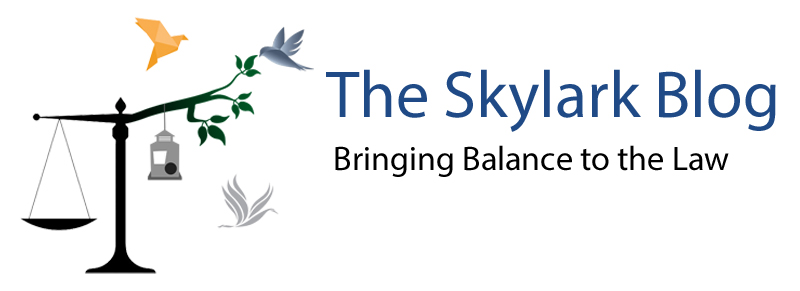In a recent appeal over the payment of college education expenses by divorced parents for a minor child, the Massachusetts Appeals Court in Cooper v. Keto had to evaluate complicated choice of laws rules and Contempt standards for a contempt case that involved a California decree. Unless you're excited by jurisdiction and choice-of-law disputes, the majority of this case is not noteworthy. However, what really stood out in this decision had little to do with the substance, and more to do with the cost of this litigation.
The lower court awarded the Mother $90,263.25 in attorney's fees and the trial court upheld that award. Even worse, the court notes that the Father's fees added up to approximately $250,000.
Concurring in the majority opinion, Justice Brown provided some enlightening commentary on these fees:
While it may seem odd to see the Court telling people that litigation should be the last option, Justice Brown has simply stated what many divorce practitioners have come to recognize: litigation often costs more than it's worth.
It may seem odd to hear that coming from a divorce lawyer as well, but most of us are not looking to overcharge our clients for services they don't need. In fact, the number of divorce practitioners who also offer Collaborative Divorce and Divorce Mediation is growing because we have seen the need for a better way!
If you are considering a divorce, make sure you know all of your options. If you only interview a litigator, you many not be told how much you can save (both financially and emotionally) by trying mediation or collaboration.
Litigation is not only the most costly option, even the court agrees, it should be the last option when trying to resolve family disputes.
The lower court awarded the Mother $90,263.25 in attorney's fees and the trial court upheld that award. Even worse, the court notes that the Father's fees added up to approximately $250,000.
Concurring in the majority opinion, Justice Brown provided some enlightening commentary on these fees:
"Here, we again witness another puzzling situation in which the legal fees paid and awarded far exceed any amount that would be gained. Indeed, the father has acknowledged that the costs associated with defending the action might better have been spent on the child's college education. Litigation should be the last option, not the first. To that end, it is often beneficial to the parties, and counsel in advising their clients, to step back and take stock of what the case is about, what has gone on before, and what may lie ahead. In devising the judicial playbook, one should not forget the pocketbook. I suspect that not even an attorney with the skill of the legendary Patrick Hastings would have undertaken this matter. In short, it is not brilliance that is required here--it is simply "arithmetic." Cf. W.I. Cowin, Reflections in Retirement, 55 Boston Bar J. 13, 14 (2011) ("technical competence" of lawyers to litigate is greater today than ever, but lawyers often "fail to consider whether doing it is useful")." - Brown, J. (concurring).
While it may seem odd to see the Court telling people that litigation should be the last option, Justice Brown has simply stated what many divorce practitioners have come to recognize: litigation often costs more than it's worth.
It may seem odd to hear that coming from a divorce lawyer as well, but most of us are not looking to overcharge our clients for services they don't need. In fact, the number of divorce practitioners who also offer Collaborative Divorce and Divorce Mediation is growing because we have seen the need for a better way!
If you are considering a divorce, make sure you know all of your options. If you only interview a litigator, you many not be told how much you can save (both financially and emotionally) by trying mediation or collaboration.
Litigation is not only the most costly option, even the court agrees, it should be the last option when trying to resolve family disputes.

 Skylark.law
Skylark.law
Comments
Post a Comment